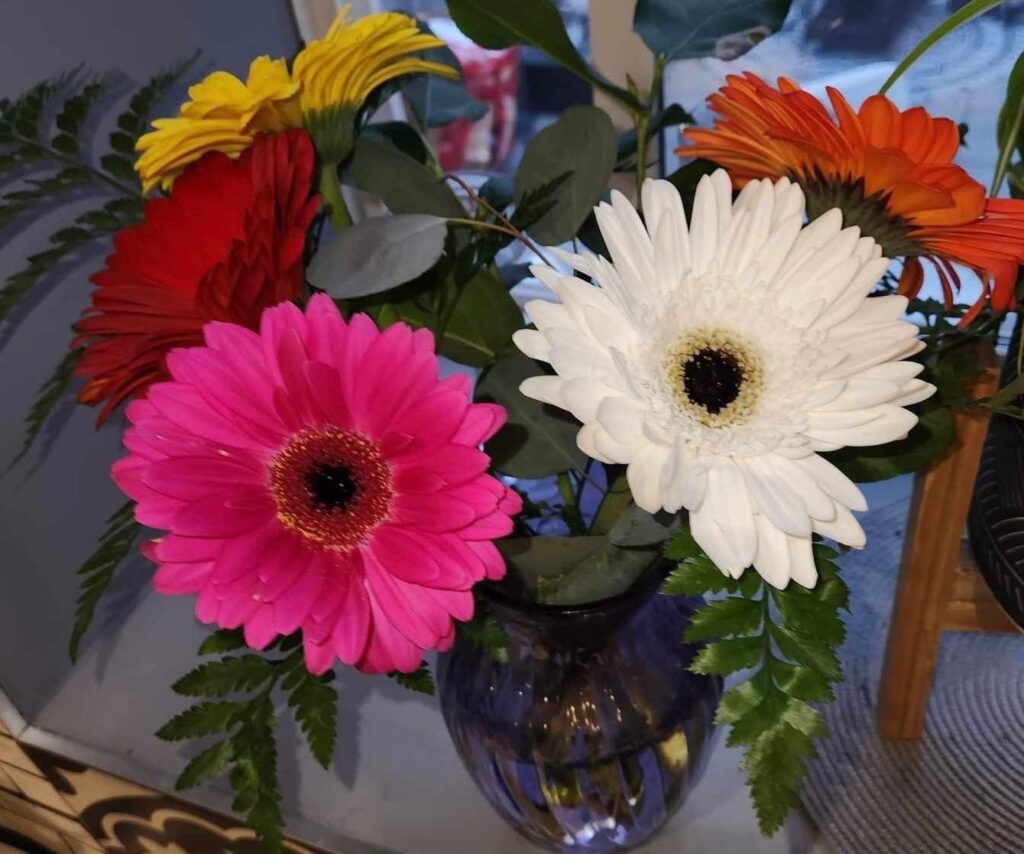A harm reduction worker explores the dangerous and misunderstood complexities of the opioid crisis.
Charlene has holistic experience with addiction, from misusing opioids herself, to losing loved ones to opioid overdose, and to becoming an executive at a harm reduction organization.
“Addiction doesn’t discriminate,” she says. “It affects all walks of life, cultural backgrounds, education levels.”
She speaks about a dear friend who encountered the ‘perfect storm’ of circumstances that led to his death from an accidental opioid poisoning.
“In 2023 I lost my best friend of 22 years,” she says. “He had his own company. He was successful. Had a daughter, he was your everyday neighbour. But then COVID took his job. He was diagnosed with a chronic illness.” Without reliable income and saddled with pain from his illness, her friend found relief in opioids. But, as it so often happens now, one of his doses contained a lethal amount of fentanyl.
In just the past five years, the amount of fentanyl present in the illicit supply of opioids and other drugs has skyrocketed, putting so many people at risk. “It’s incredibly dangerous today,” says Charlene. Many have paid the ultimate price, from those looking to cope like Charlene’s friend, to someone who decides to try a party drug just one time.
“Education is key to saving lives, and to breaking the myths,” she says.
“I think it’s natural to come up with blame: if they didn’t do drugs, they wouldn’t have lost their house, or had this happen, or that. But it’s not about that, it’s about what pain is happening. And pain, like addiction, does not discriminate.”
Pain and coping are complex topics, interwoven with the complexities of opioid misuse and dependency. It is not a simple ‘street problem.’ It can happen to anyone, anywhere. “Nowadays smoking something you got on the street can be just as high of risk as intravenous drug use,” says Charlene.
While the situation may seem bleak, there is much we can do. In addition to education and breaking down stigma, Charlene believes, “having things like naloxone, opportunities and programs opens up hope, too.” Now 18 years in recovery herself, Charlene’s daily work involves running a harm reduction organization that fields 10,000 calls a month, while tirelessly promoting and delivering critical community education.
